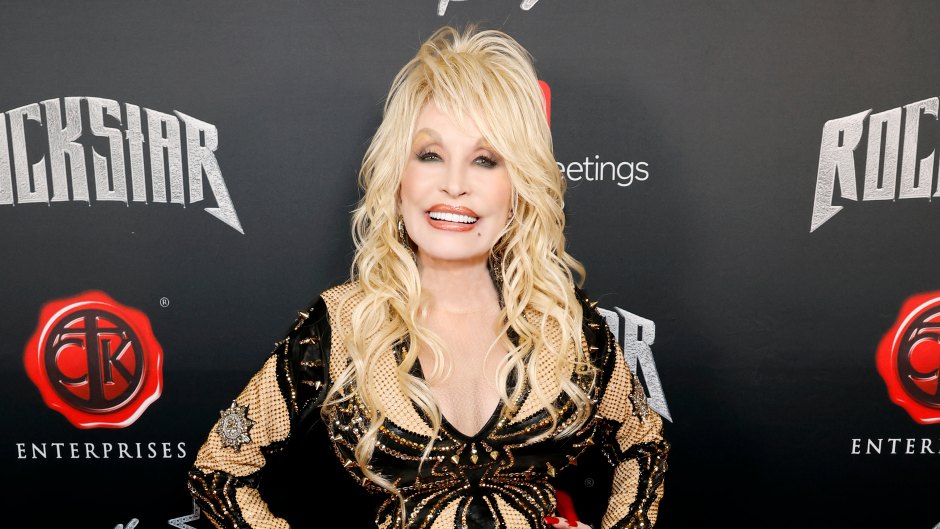
Jason Kempin/Getty Images for American Greetings
How Dolly Parton Remains Close to God After Being ‘Criticized’ by Church Over How She Looked
“When did we lose ‘in God we trust?’” asks Dolly Parton in “World on Fire”, the kickoff single from her chart-topping new album, Rockstar. In the song, the country music queen takes aim at greedy politicians, hatred and violence, and suggests that we all need to be a lot kinder to each other. “Show some love,” she sings. “Let’s rise above.”
Dolly, 77, admits she’s not much of a churchgoer, but she is a big believer in God, especially in these troubled times. “I’m not that religious, but I’m very, very spiritual,” says Dolly, whose grandfather was a Pentecostal preacher. “I grew up in very religious surroundings. I grew up with a Bible background, and I’m glad I did. I know my Bible stories.”
But as a young woman with a taste for rhinestones, lipstick, high heels and even higher hair, she felt harshly judged by some of her neighbors. “I also grew up in a church where they criticized and condemned, and so many things were a sin,” she recalls. “I was criticized for just looking the way I did. They thought I was trash. They thought I was a whore, that I was going to hell in a handbasket just for being young and dressing the way I did and being the way that I was.”
Being looked down upon soured Dolly on her church, but it didn’t harm her relationship with God or her faith in mankind’s capacity for goodness. She maintains a personal relationship with God today and speaks to him often. “Every single day, before I do anything, I wake up and I thank God for the night and ask him to bless the day,” says Dolly. “And just to guide me, lead me. I always pray that he’ll let me uplift mankind and glorify him.”
Dolly admits she’s bothered by today’s celebrity culture that heaps so much praise and attention on public figures. “There’s a scripture in my Bible that talks about idol worship. And I see that happening all the time with movie stars and these celebrities,” says Dolly. “People literally worship them more than they worship God. And I just — I cringe at it sometimes.
At her home outside of Nashville, Dolly keeps a little chapel where she goes to pray, meditate on the events of the day and write songs. She’s tried to follow the Bible’s example by helping others, too. During the pandemic, Dolly gave $1 million to help create a vaccine. She has also put millions of books into the hands of children through her Imagination Library literacy program. “I probably get a lot more credit than I deserve,” she says of her good deeds. “If I can set an example, then that’s great.”
Dolly also believes we’d all be better off if we gave each other the benefit of the doubt and a second chance when things go wrong. “I love everybody. I don’t criticize, I don’t condone nor condemn,” says Dolly, who finds America’s cancel culture small-minded. “We all make mistakes. We don’t all get caught at it,” she reasons. “You deserve to be innocent until you’re proven guilty. Even when you’re proven guilty, if God can forgive you, so can I. If God can forgive you, we all should forgive one another.”
Dolly adds that because she was judged harshly because of the way she looked as a young woman, she tries to see beyond the surface of the people that she meets. “I knew how innocent I was in being myself and how pure that was in me. So, I try to look for that innocence and that purity in everybody else,” Dolly says. “I don’t condemn or criticize. I just accept and love.”






![Dolly Parton's Top 10 Best Outfits Ranked [Fashion Photos]](https://www.closerweekly.com/wp-content/uploads/2023/12/Dolly-Partons-Top-10-Best-Outfits-Ranked-Fashion-Photos-10.jpg?crop=0px%2C0px%2C2000px%2C1133px&resize=120%2C68&quality=86&strip=all)
































